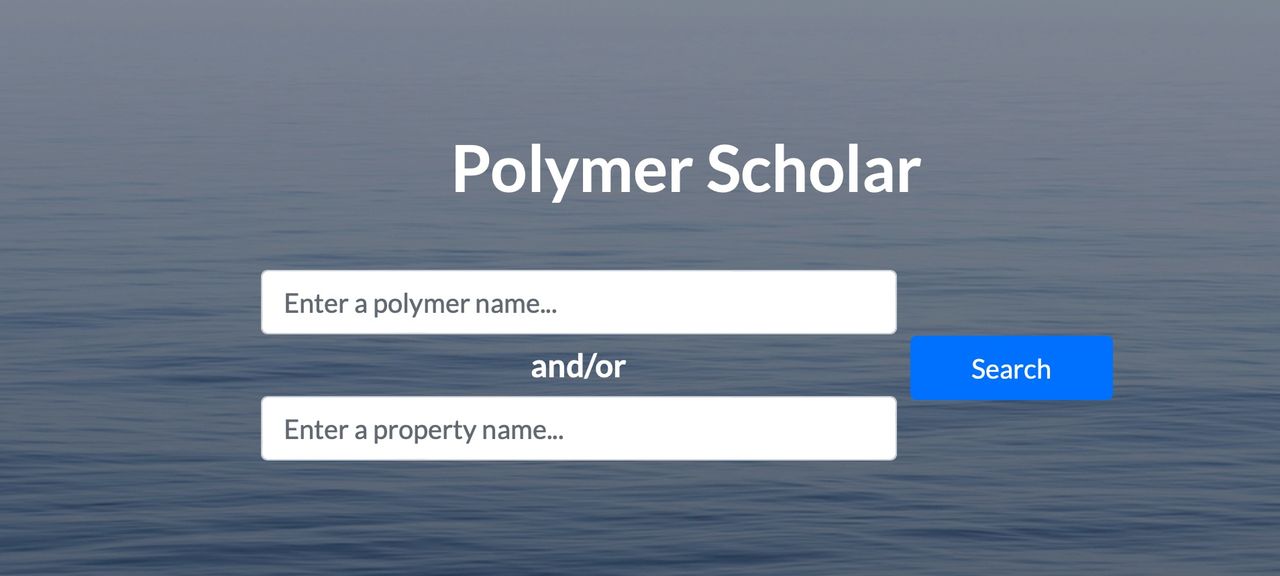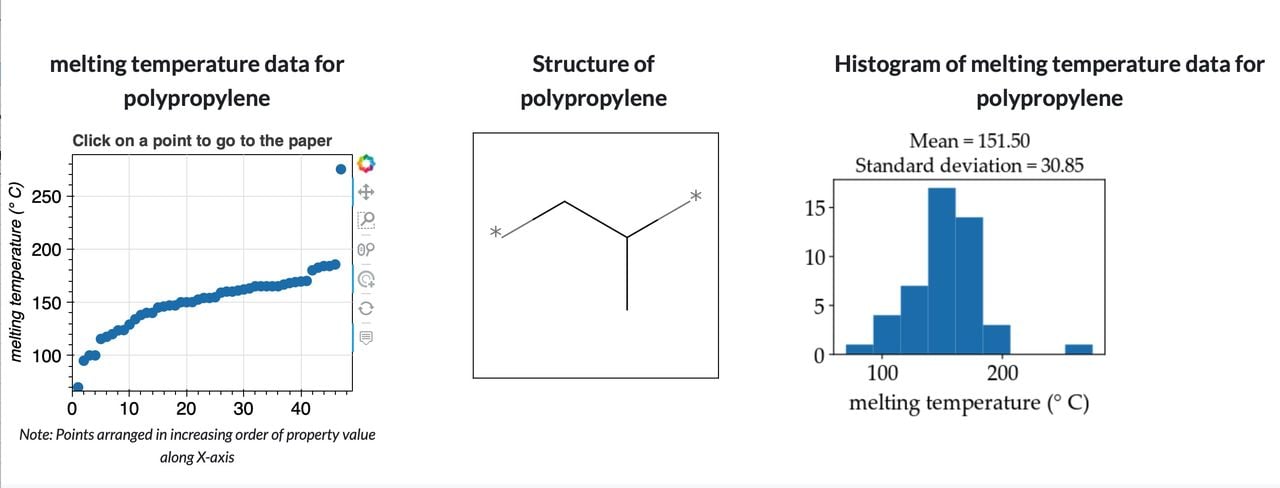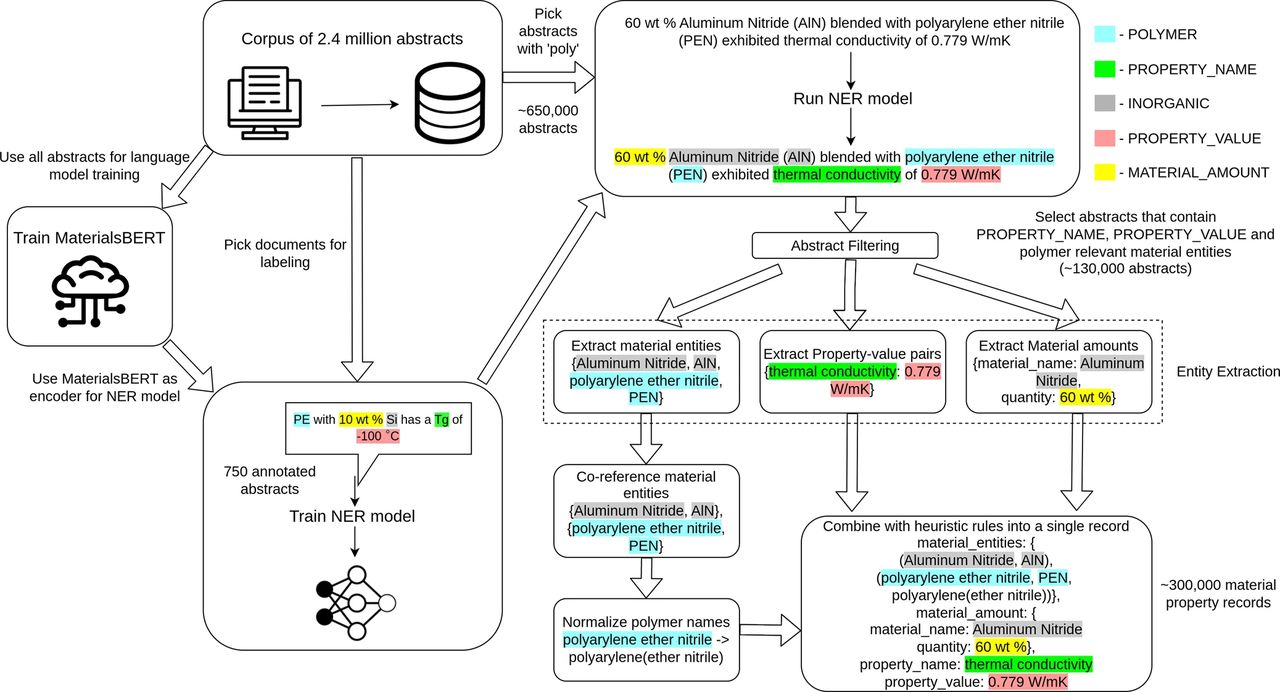
A new research tool could unlock access to many new materials, some of which will be suitable for 3D printing.
There are plenty of researchers around the world developing new materials. Material science has never been bigger, and the number of research papers being issued is now quite high.
In fact, the quantity of papers is increased by six percent compounded annually. Even worse, these research papers are not particularly machine readable beyond simple text searches. We all know how inconsistent that style of searching can be.
In this scenario, it’s entirely possible for researchers and commercial ventures to miss new materials that could not only be useful, but game-changing. No one can read all these papers.
Researchers at the Georgia Institute of Technology have developed an interesting solution using AI techniques.
They developed a technique for automated identification of material properties from research paper abstracts. They began by selecting 750 papers on materials research and annotated them with additional information. This in turn was used to train a natural language processing system.
In the end they created something called “Polymer Scholar”, which can near-instantly reveal the nature of a given material. Here is their description of the function:
“This tool searches for property values found in the abstracts of journal papers. Enter the name of a polymer (e.g. polyethylene, polypropylene, polystyrene etc), or the name of a property (e.g. melting temperature, tensile strength, glass transition temperature etc) or both. This will produce an interactive plot of property values found in journal papers.”
As you can see, it’s not just a search / lookup function. It collects data from multiple sources and compiles them into useful information. A user could then very quickly understand whether a material is appropriate or not without the need for trolling through dozens of research papers. This could save considerable time for those seeking unique materials.
Here’s an example of what you get from requesting melting temperature for polypropylene:

How is this all done? The researchers developed a sophisticated information pipeline that searches an incredible 2.4 million research papers on material science. As the collection of papers grows in the future, this pipeline can easily keep up with flood of new findings.

Some may be (rightly) afraid of AI tools, but here we have an example that absolutely will benefit not only researchers but also the commercial world, where new materials can change companies and individuals.
For now, this tool may assist those developing new 3D print materials as it can quickly identify candidates for print testing.
Via Nature and Polymer Scholar
